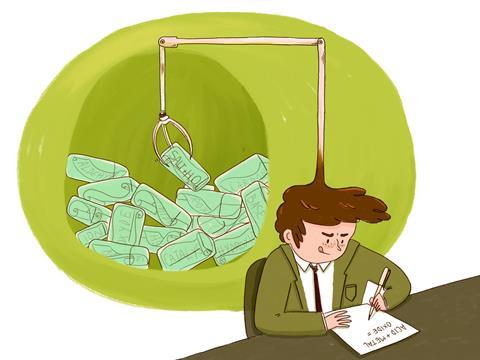ResLife
6 Habits of highly effective University Students
University life can be overwhelming. From the classes and assignments and exams it can become too much for some students. However by following some simple steps you can be effective university students.
1) Space out your studying. That’s right: Cramming for tests is NOT effective in the long run. Spread out your study times. You will remember the material longer if you review information multiple times during the week instead of cramming the night before a test. When studying, go over recent material, then go further back and practice recalling important earlier material.

2) Practice retrieving information from memory. Put away your books, notes and handouts and write down everything you know about a topic from memory – then check to see if you got it right and what you’re missing. Make flash cards and take practice tests. Study with a partner and trade questions and quizzes. This is one of the most effective ways to study. Re-reading and highlighting are much less effective, even though they’re popular. Retrieval practice also helps you think flexibly and apply what you’ve learned to new problems and concepts.

3) Elaborate. Ask “How?” and “Why?” questions about what you’re studying, then try to find answers in your class materials. Discuss your questions and answers with classmates. Make connections between different ideas and think about how they’re similar and different. Connect ideas that you’re studying to your own experiences and memories.

4) Switch it up. This is particularly useful for subjects such as math and physics that involve problem-solving. Switch between types of problems you tackle; this will help you learn how to select the right strategy for each type of problem. In other subjects, examine one concept for a while, then move to another. Next time you study them, do it in a different order. This will help you make stronger links between ideas.

5) Use concrete examples. It’s easier to understand abstract ideas when they are connected to concrete examples. Look through your class materials and notes to find concrete examples of abstract concepts. Think about how each example illustrates or applies to a particular idea. Share your examples with classmates and practice explaining them.

6) Use words and visuals. When you combine words with visuals, it gives you two ways of remembering information later. Find illustrations, diagrams or graphs of the concepts you’re learning and then write about what they convey. Then draw your own – preferably from memory. Pairing visual and verbal thinking deepens your understanding and reinforces learning.
Topics
- Read Next
-
 BHF Donation Station
BHF Donation Station
 Solo Travel : Tips and Tricks for travelling alone this summer
Solo Travel : Tips and Tricks for travelling alone this summer
 Euros 2024 Football, Germany Vs Scotland
Euros 2024 Football, Germany Vs Scotland
 Wellbeing Drop In (Mens Health)
Wellbeing Drop In (Mens Health)
 Plant Pots, painting and seeds
Plant Pots, painting and seeds
 Paint by numbers (outside)
Paint by numbers (outside)
 Juice Bike
Juice Bike
 Kenilworth Day Trip
Kenilworth Day Trip
 Euros 2024 Football, Denmark Vs England
Euros 2024 Football, Denmark Vs England
 Pamper Night with Shower Steamers
Pamper Night with Shower Steamers
- Popular
-
 Numerology, astrology and horoscopes: a beginners guide
Numerology, astrology and horoscopes: a beginners guide
 Benefits of KPOP Dance
Benefits of KPOP Dance
 Fairtrade - What does it mean and why should we support?
Fairtrade - What does it mean and why should we support?
 #DontBeDaft: The Drinking Series
#DontBeDaft: The Drinking Series
 Tips When Starting Second Year at University
Tips When Starting Second Year at University
 What to do if you want to change/leave your University Course
What to do if you want to change/leave your University Course
 Mental Benefits of Board Games and Jigsaw puzzles
Mental Benefits of Board Games and Jigsaw puzzles
 Food shopping on a budget...
Food shopping on a budget...
 Student’s Guide to Budgeting and Finance Management
Student’s Guide to Budgeting and Finance Management
 TOP 10 places to visit in Coventry!
TOP 10 places to visit in Coventry!


